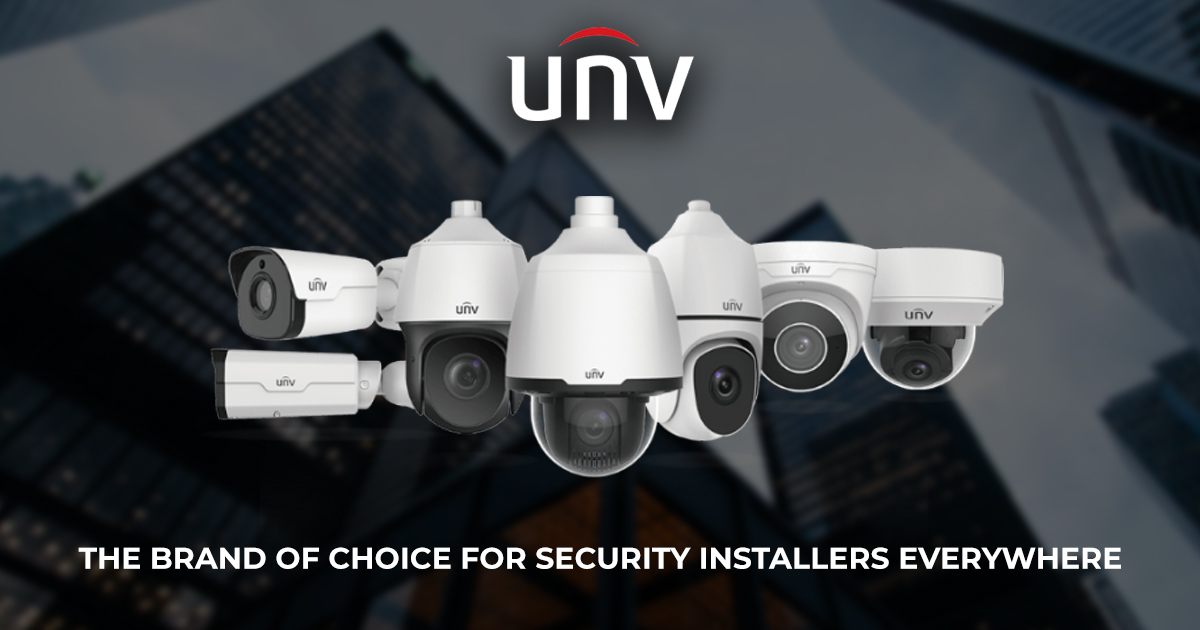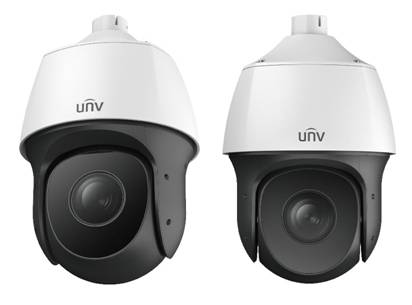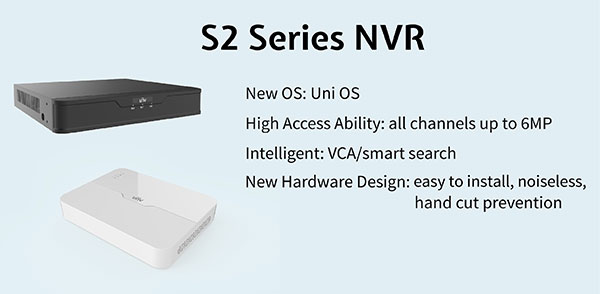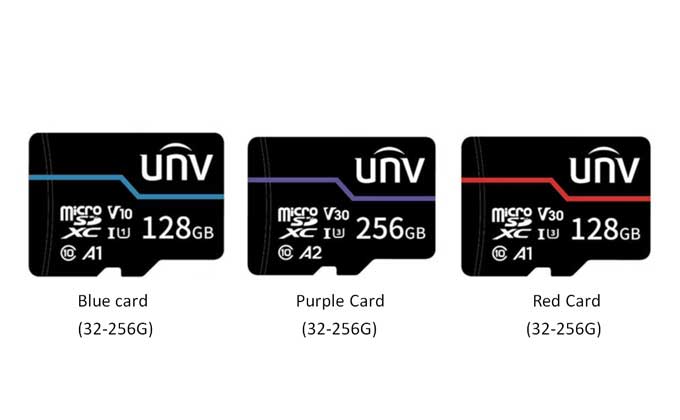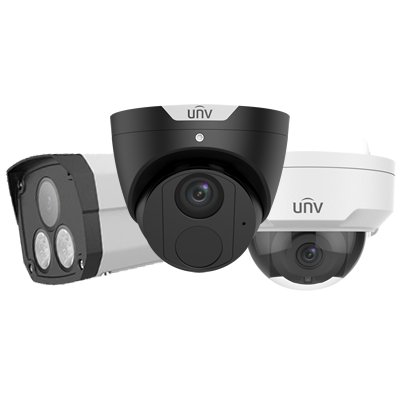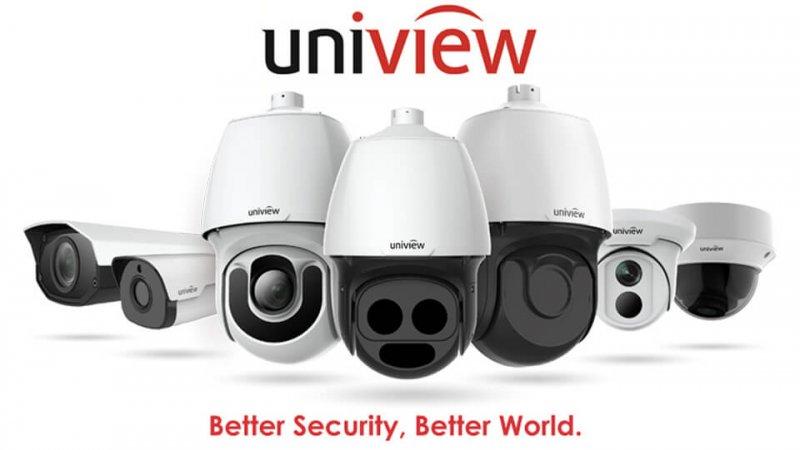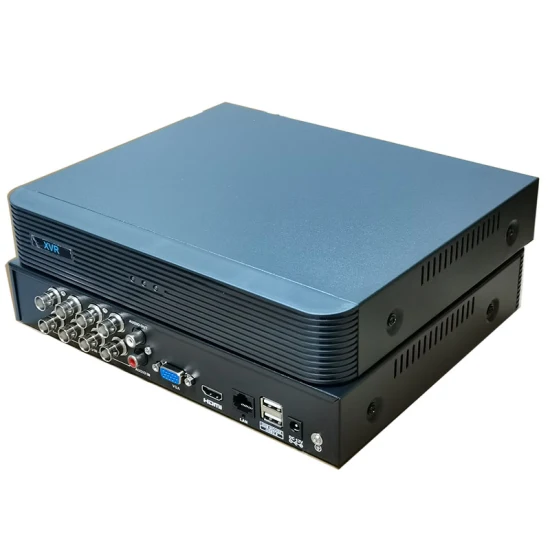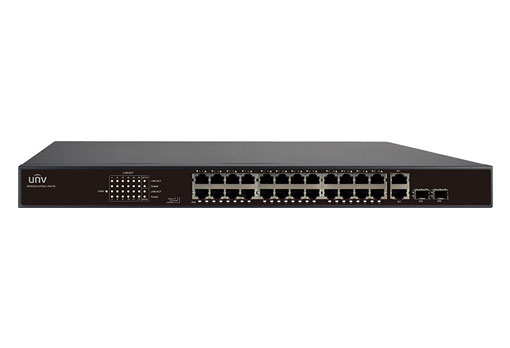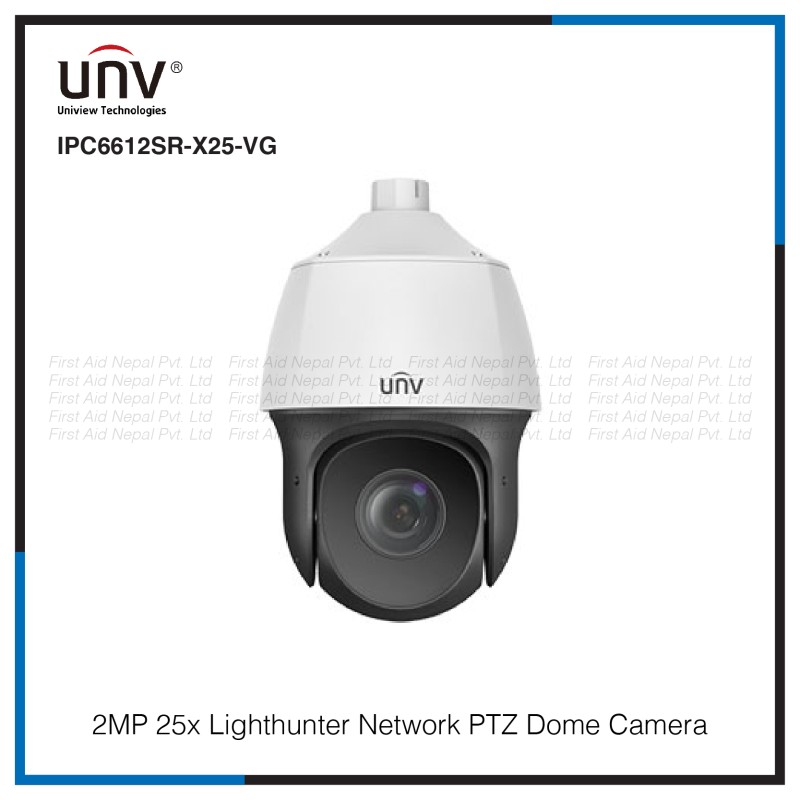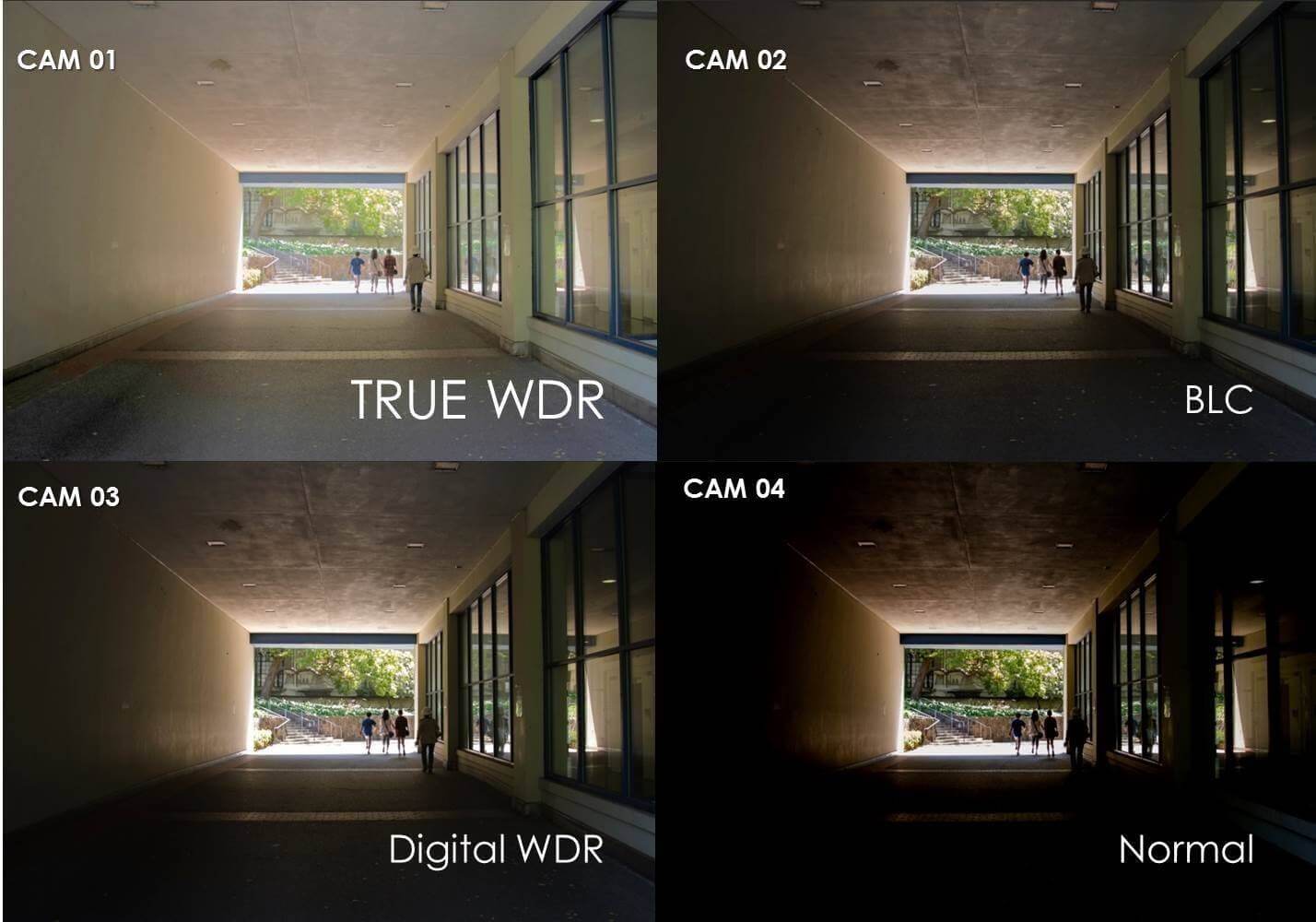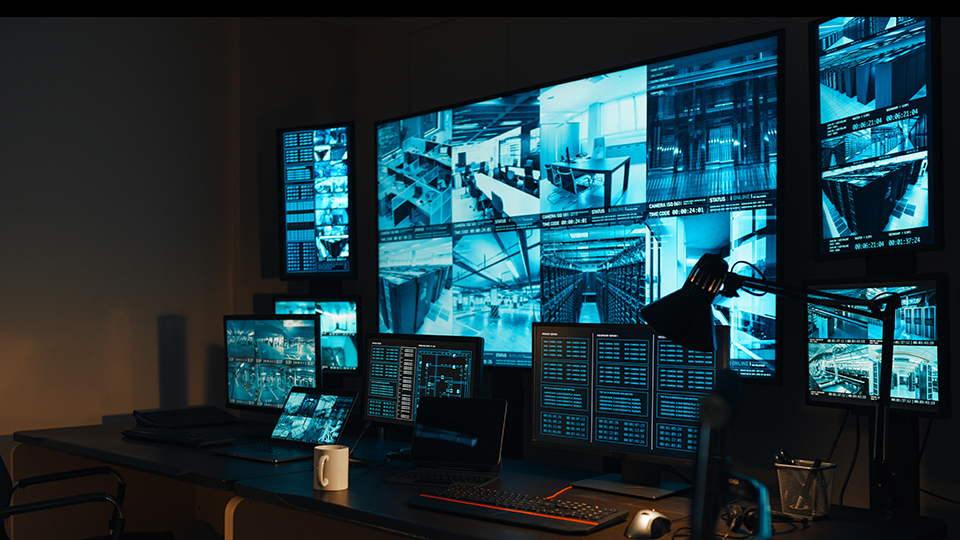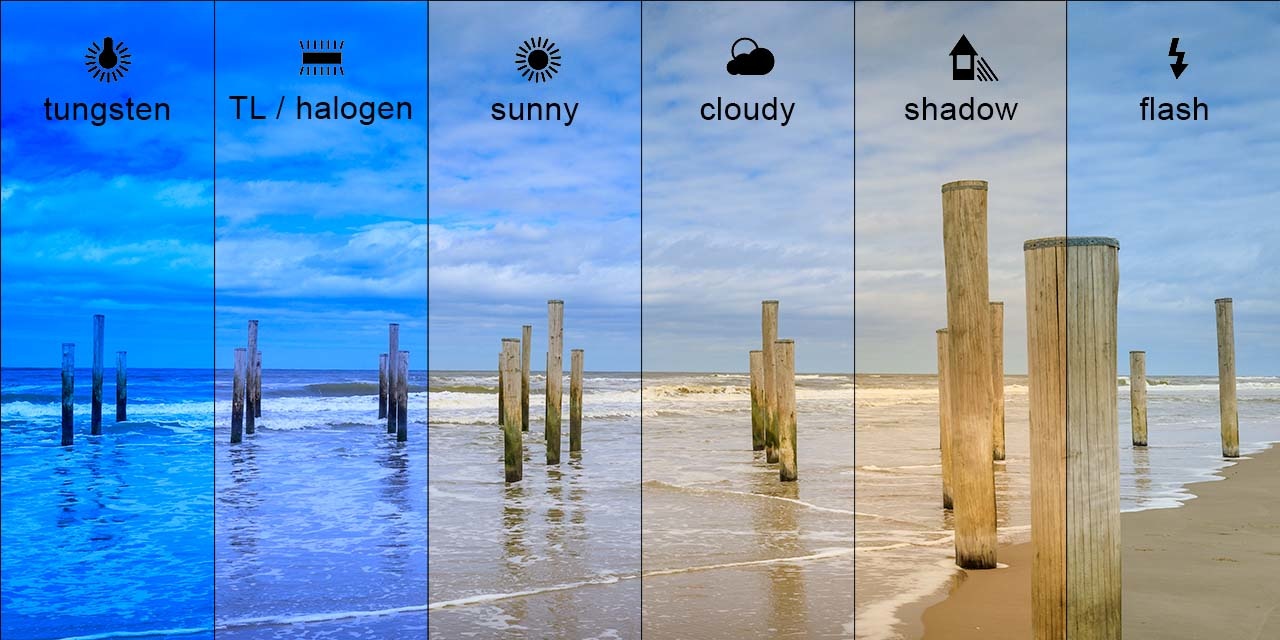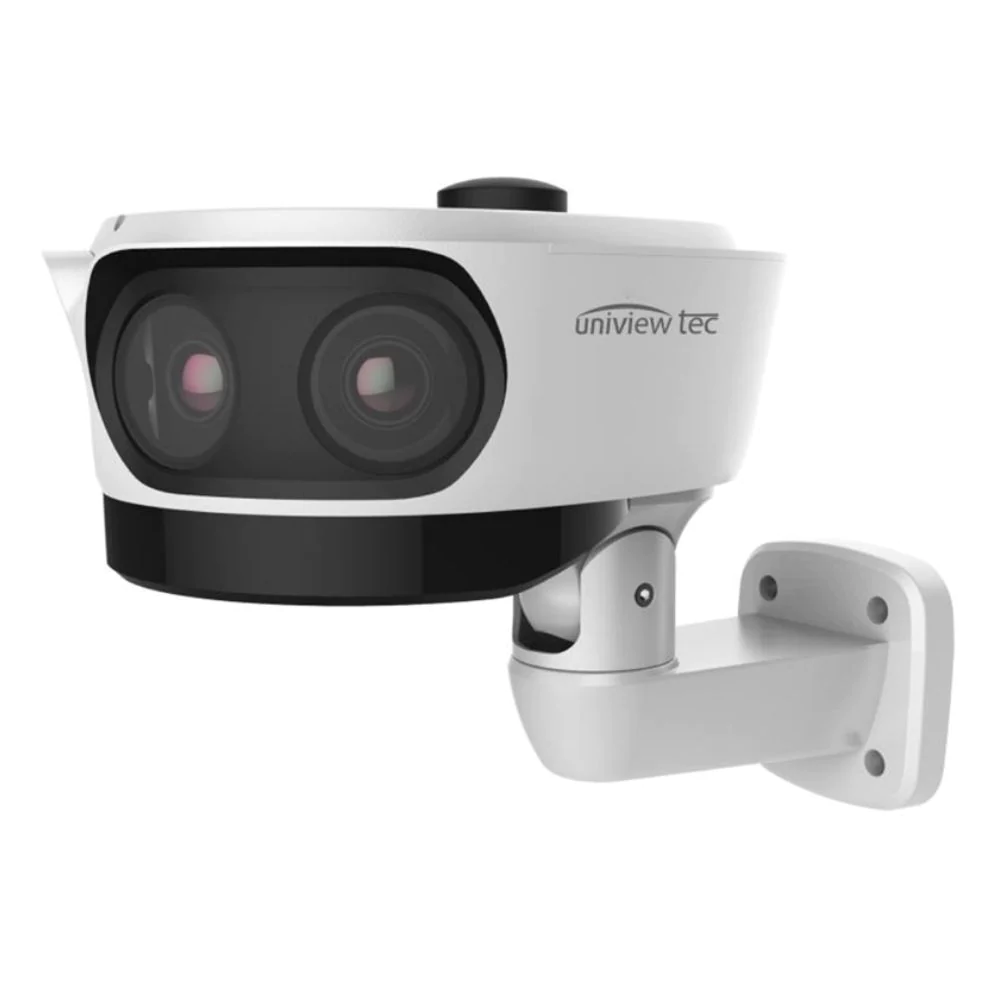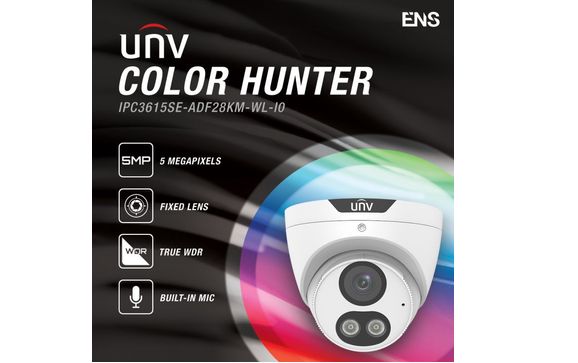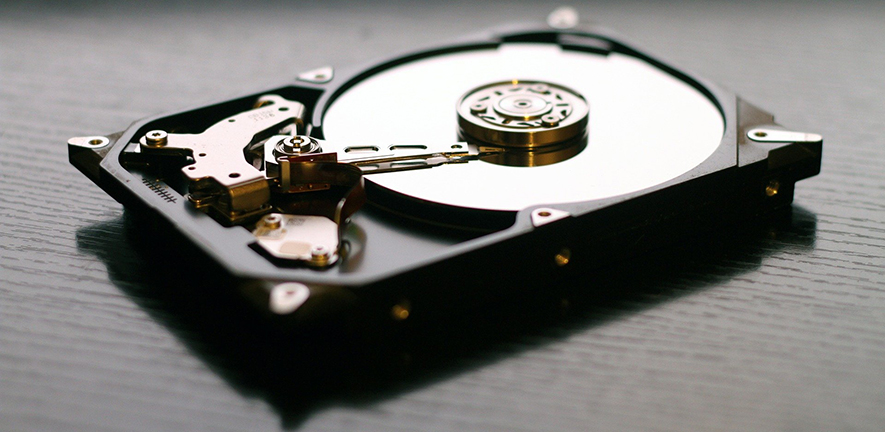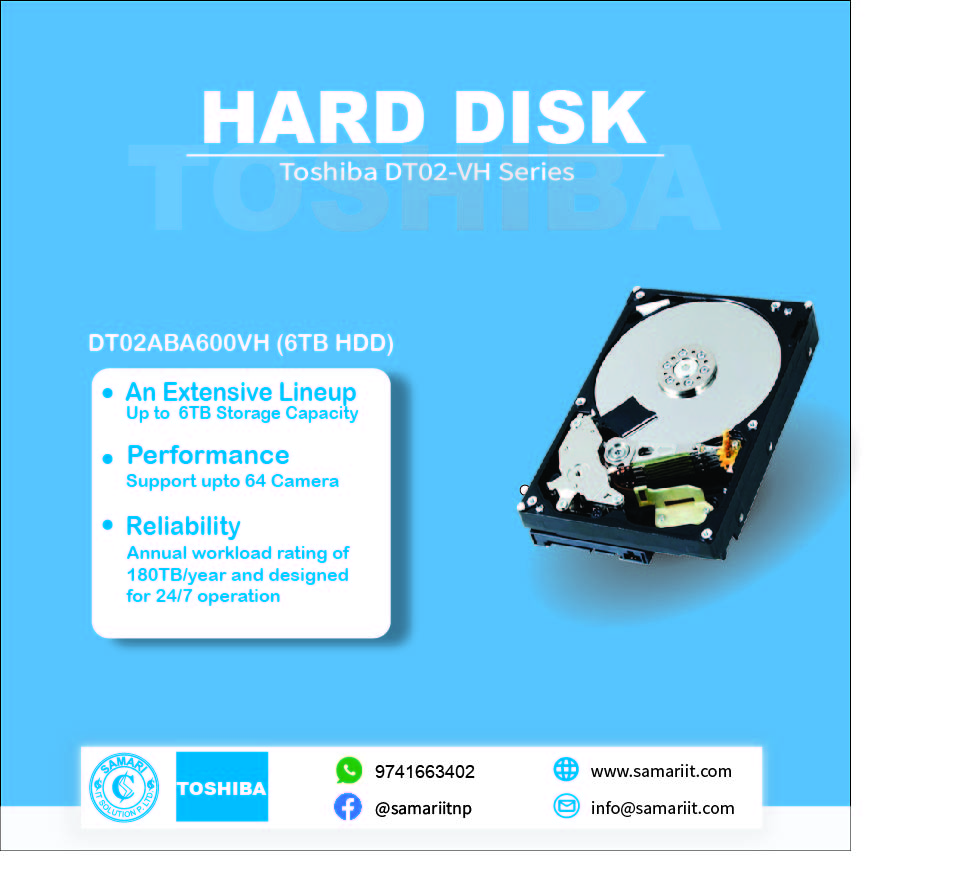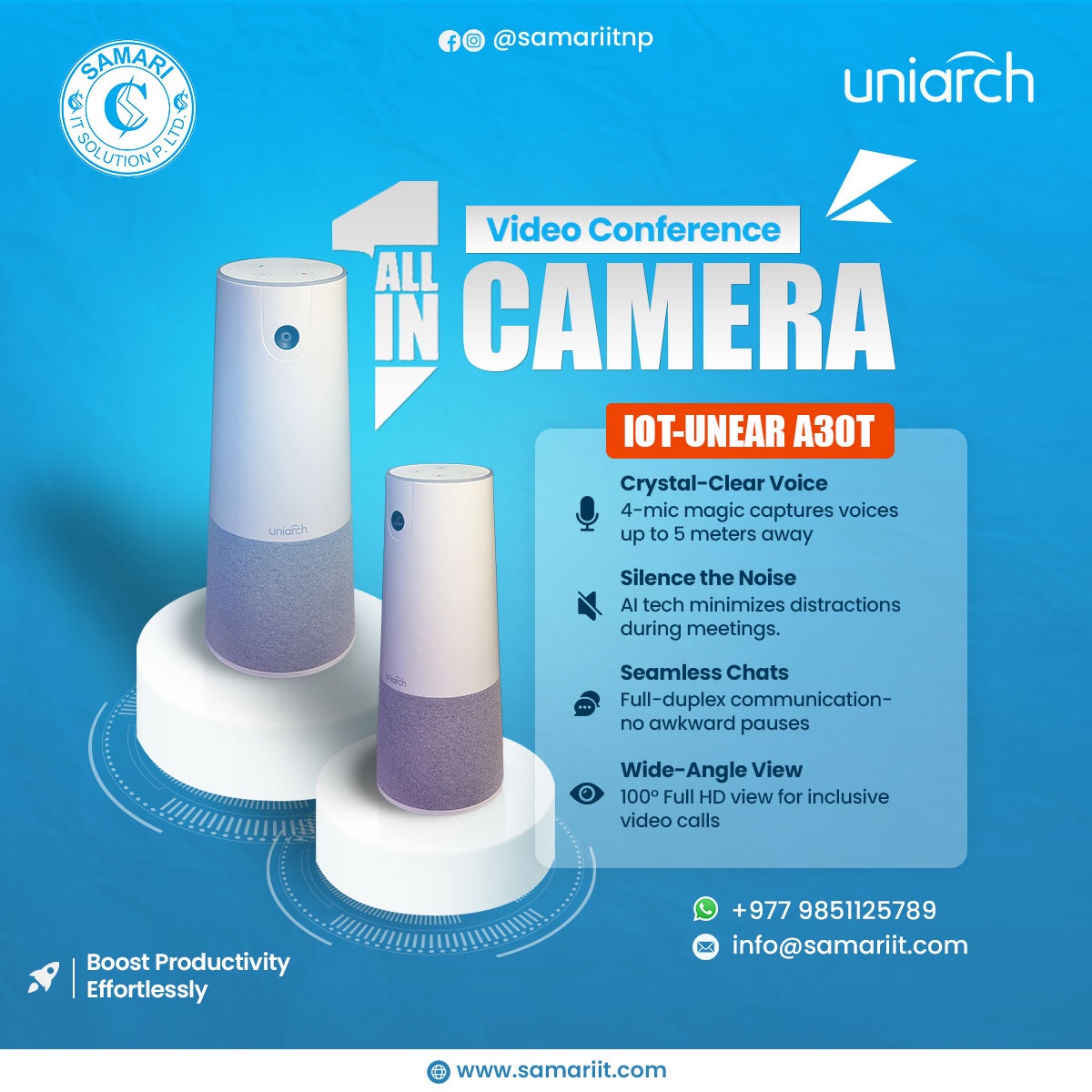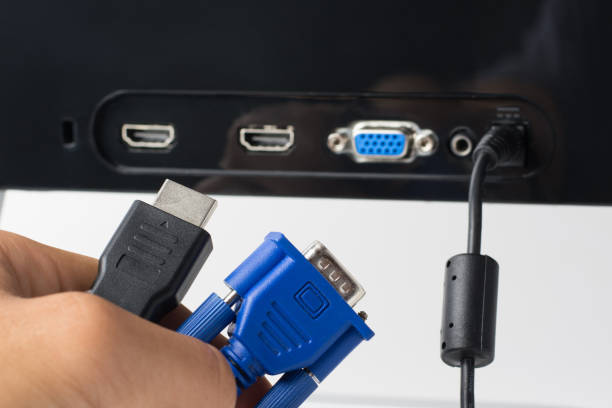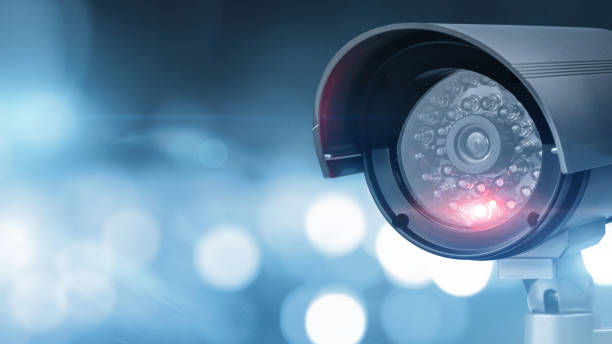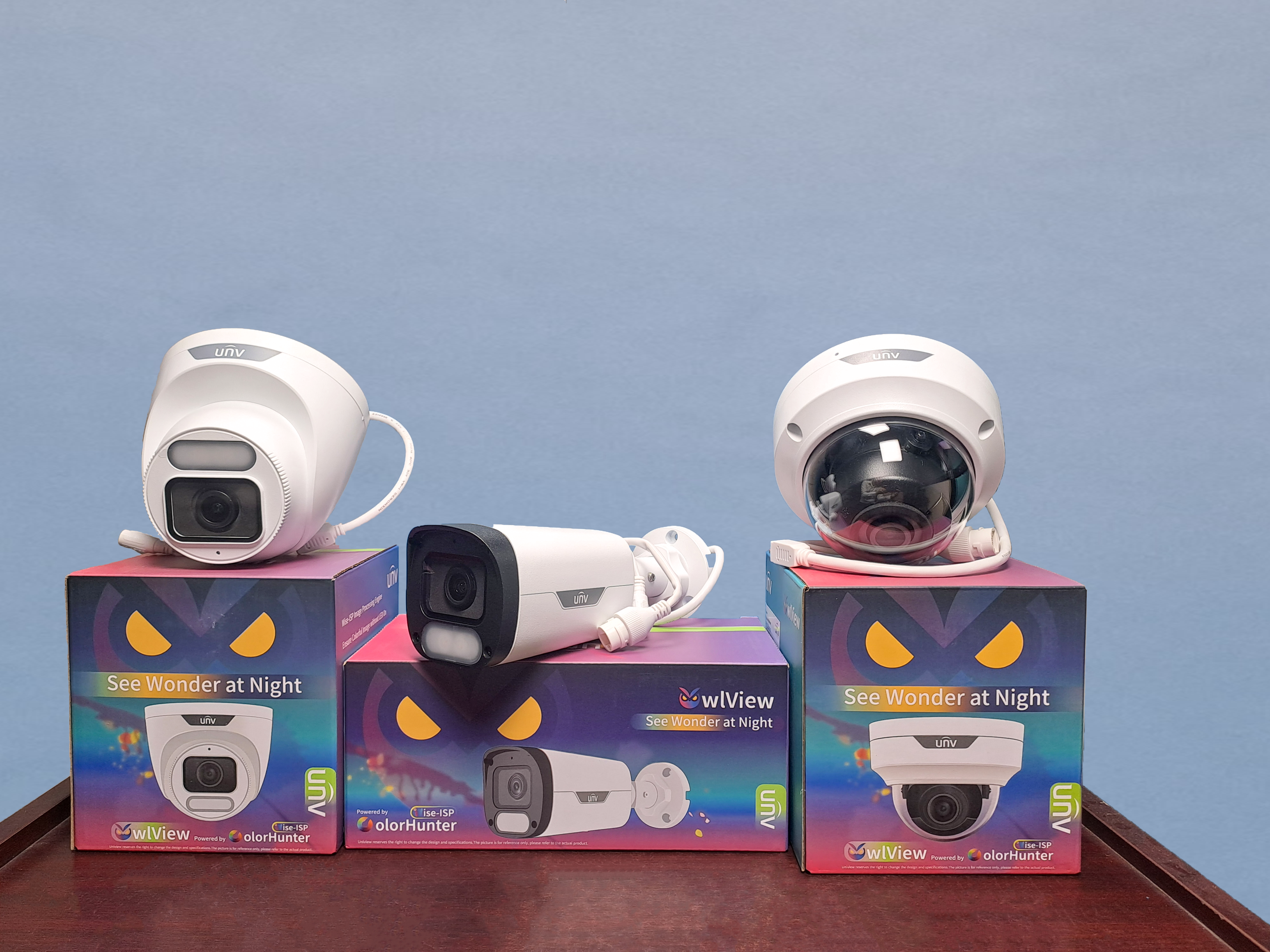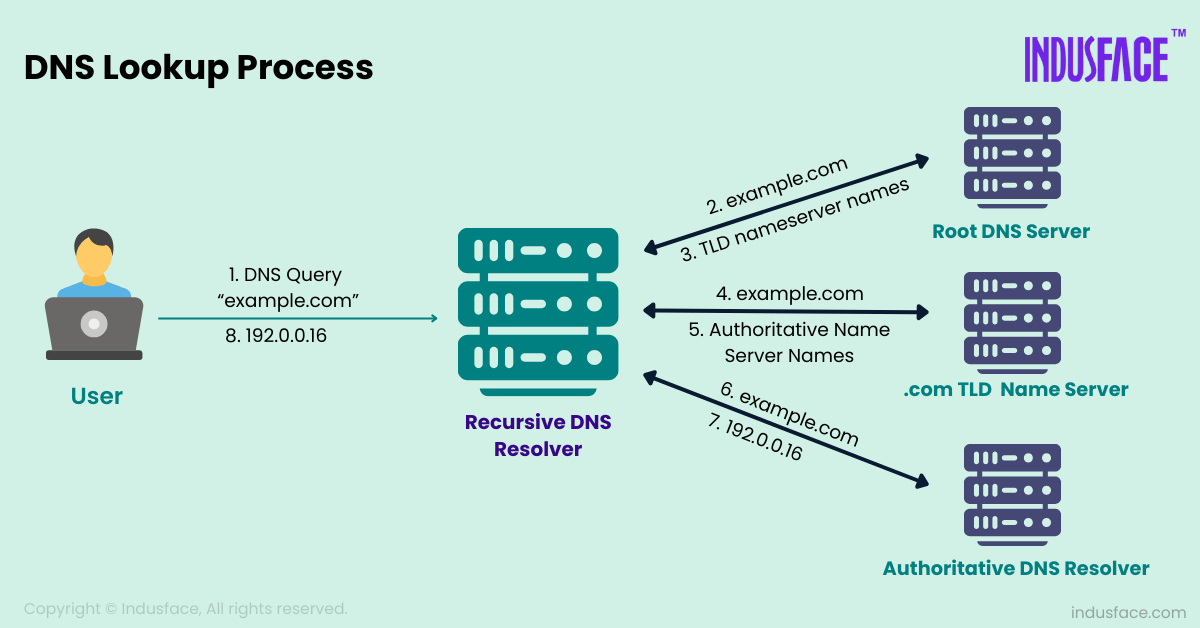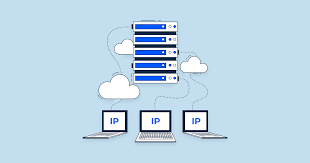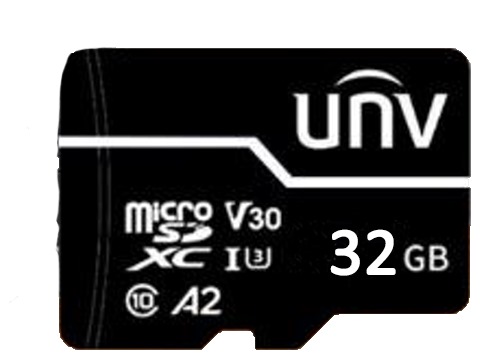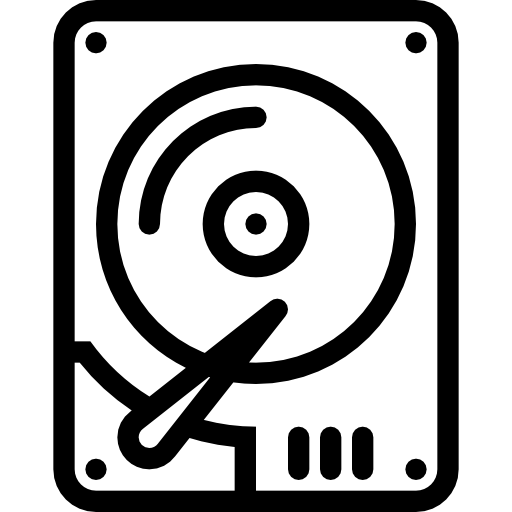Introduction to CCTV
CCTV, which stands for Closed-Circuit Television, is a video surveillance system that transmits signals over a private network rather than a public broadcast. This means that the footage captured by CCTV cameras is only accessible to authorized viewers, unlike broadcast television that anyone with a TV can tune into.
CCTV systems are commonly used for security purposes in a variety of settings, including homes, businesses, schools, and public spaces. They can be used to detect crime, monitor activity, and provide evidence in the event of an incident.
Here are the basic components of a CCTV system:
- Cameras: These capture the video footage. They come in a variety of types, including:
- Bullet cameras: These are small and versatile, making them suitable for a wide range of applications.
- Dome cameras: These are vandal-resistant and offer a 360-degree view, making them ideal for high-security areas.
- PTZ cameras: These can pan, tilt, and zoom, allowing you to focus on specific areas of interest.
- Recording device: This stores the video footage captured by the cameras. There are three main types of recording devices:
- Digital Video Recorders (DVRs): These use hard disk drives to store footage.
- Network Video Recorders (NVRs): These store footage on a network storage device.
- Hybrid Video Recorders (XVRs): A security device that combines the capabilities of both a Digital Video Recorder (DVR) and a Network Video Recorder (NVR). This means it can record and manage video footage from both analog and IP cameras, offering greater flexibility and scalability for your security system.
- Monitor: This displays the live video feed from the cameras. You can also use a monitor to review recorded footage.
- Cables: These connect the cameras, recording device, and monitor.
How CCTV Works
A CCTV system works by capturing video footage with the cameras and transmitting it to a video recorder, also known as an XVR or NVR, or a local server that records the video footage and presents it on a monitor or other connected devices, such as a mobile phone or PC.
Benefits of CCTV
There are many benefits of using a CCTV system, including:
- Deter crime: The presence of CCTV cameras can deter criminals from breaking into your home or business.
- Monitor activity: You can use CCTV to monitor activity in your home or business, even when you're not there.
- Provide evidence: If a crime does occur, CCTV footage can provide valuable evidence to help law enforcement identify and apprehend the criminals.
- Improve safety: CCTV can help to improve safety in your home or business by deterring crime and providing evidence in the event of an incident.
